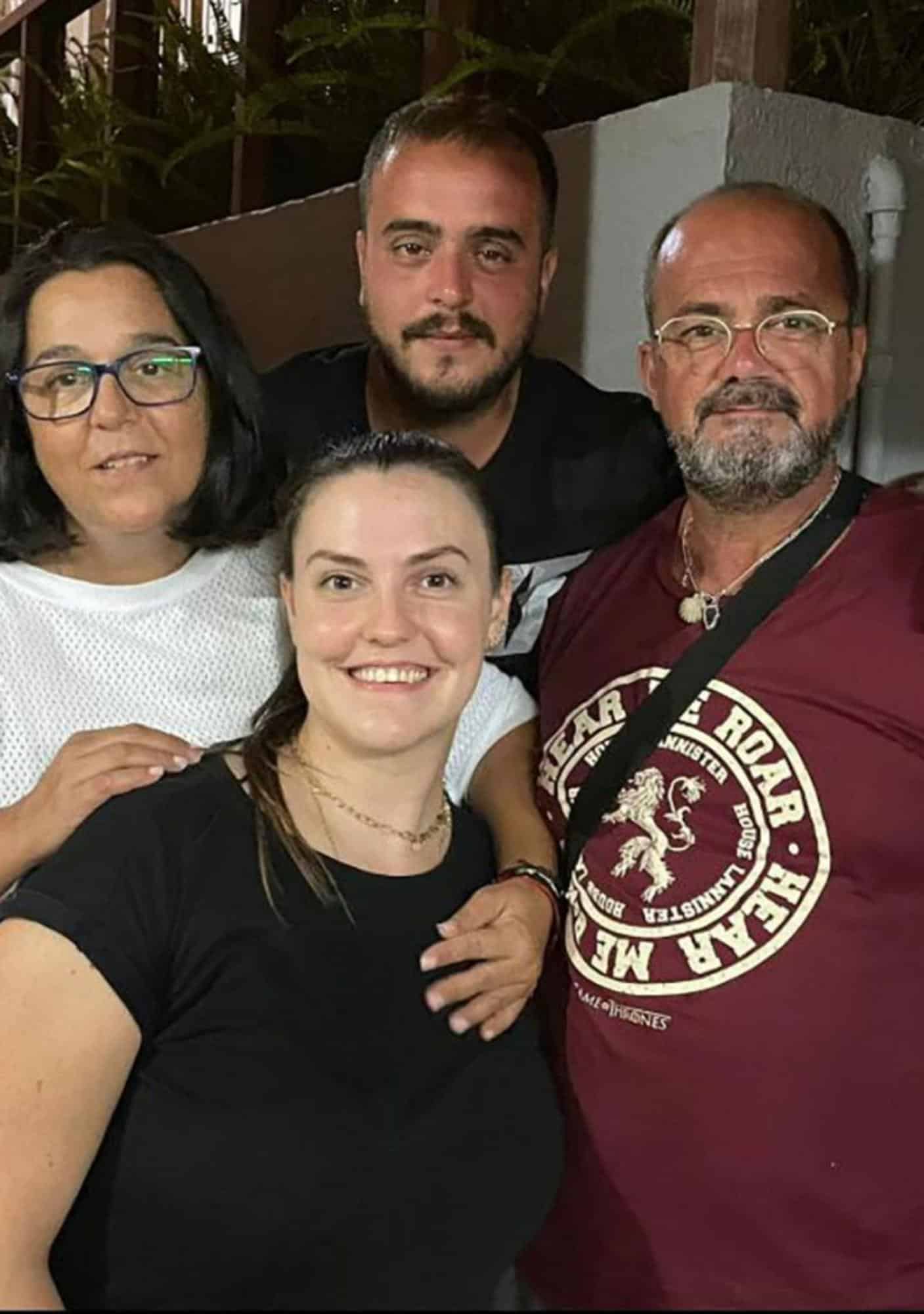It was not until December 25th that scientists officially ended the Tajogaite volcano eruption. But the last day of lava, explosions and gas emissions was December 13th, 2021. It was 85 days of fear and uncertainty that, in most cases, are feelings that continue today. Those affected by the volcano have taken different paths to try to move forward. They are doing so without the aid promised by the different administrations, according to the groups that represent them
For many, the past year has been harder than the emergency period. The absence of answers to their many questions causes them much more uncertainty and regret. That is the main workhorse of more than a dozen associations, platforms and neighborhood groups that bring together the more than 7,000 evacuees and those directly affected by the eruption who, a year later, continue to suffer some of the problems that began on September 19th, 2021.
Many returned to their homes, those that were not buried under dozens of meters of volcanic material; others lost everything, especially those who had to leave with the clothes on their backs that Sunday afternoon. There are also those who still live without knowing when they will be able to return to their homes, for whom there is no clear solution. These are the more than 1,500 inhabitants of Puerto de Naos and La Bombilla. Hundreds of meters south of the lava flows and the fajãs, in both neighborhoods the Tajogaite volcano continues to emit lethal gases, according to scientists. Those affected believe that this is an excuse to prevent the recovery of these coastal areas
Judicial claim: failure to provide sufficient warning before volcano’s erruption
The affected groups claim to know the debates and agreements of the Pevolca during the days prior to the volcano’s eruption. For them, knowing these details would help the claims filed for liability against the administrations that managed the emergency. They consider that they failed to comply with their legal duty to warn sufficiently in advance and clearly of the growing risk of a catastrophic phenomenon, which prevented the victims from taking preventive decisions, including taking out insurance or improving the one they had taken out, and even deciding whether or not to build in the area.
For the full article, please visit Diario de Ibiza website here.


 Gregorio Cordovez and his family celebrating the placement of the last block of a wall of their new house
Gregorio Cordovez and his family celebrating the placement of the last block of a wall of their new house